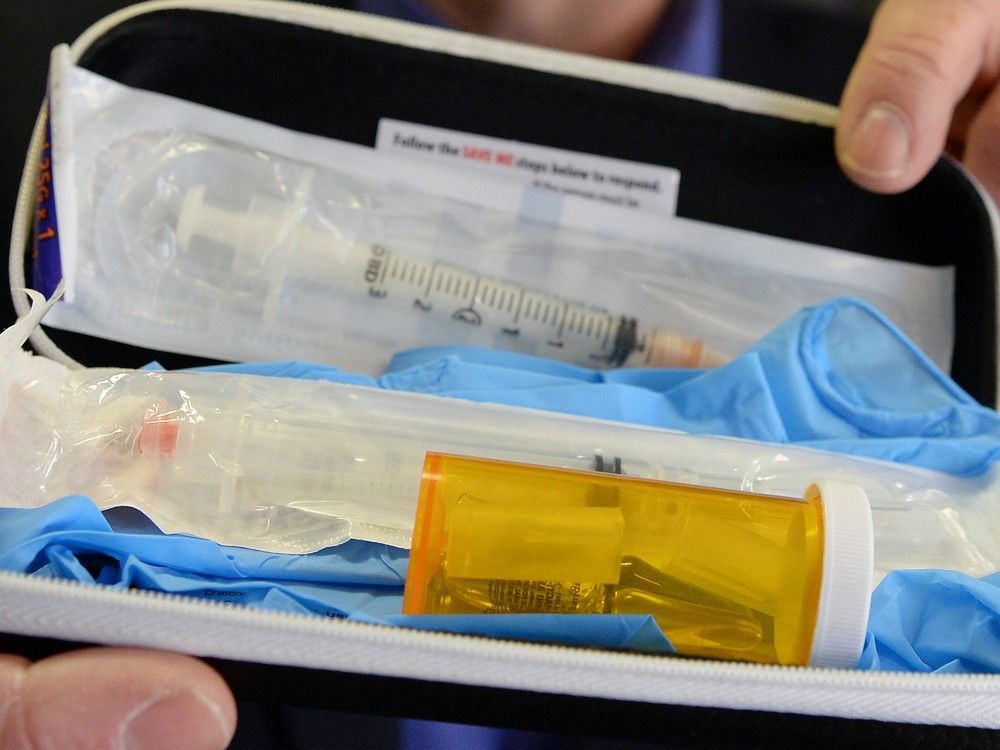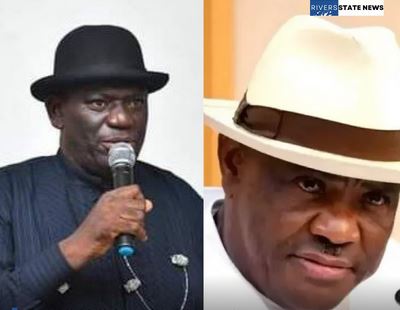
Article content Remember your bestie from back in the day, the one with whom you had a falling out? Would you ever have a conversation with them recorded on camera and make a movie about it? Edmonton filmmaker Lizzie Derksen , 34, was bold enough to for Shy Woman , her 45-minute documentary released earlier this month that explores the complexities of female relationships under patriarchy. Derksen’s courageous vulnerability is striking. It’ll make you reflect on your relationships through the lens of gender roles and societal pressure.
“It’s hard to overestimate how much actual threat women are under all the time, economically, culturally, interpersonally — they have very, very good reasons to put on masks, to protect themselves in all kinds of ways, to stage elaborate performances” for myriad concrete reasons, such as needing to keep a job or relationship, she said. “The stakes for women in our society are so high that being authentic doesn’t often feel possible. It doesn’t feel safe.

If you aren’t able to be authentic, then it’s very hard to have any kind of good relationship, much less with someone else who’s probably also unable to be authentic,” she said. In 2022, Derksen’s husband, Dylan Rhys Howard, released a documentary on masculinity: Boys Will Be..
. Themselves . “This documentary with masculinity is very important, but we’ve seen like seven documentaries of masculinity in the last couple years — where are the documentaries about women? And why does no one seem to think that women have any trouble with their gender and with their place in society and with relationships with other women?” she said.
She felt irritated. Yes, there is legitimate discourse on how difficult men find it to connect with other men and have meaningful friendships — but “I don’t think that women are having the easy time that everyone seems to pretend that they are.” ‘Part of the problem’ Derksen pitched Shy Woman as a companion piece to Rhys Howard’s documentary, asking herself, “What don’t I know about being a woman that I need to discover?” She made a list of her “most difficult friendships” and emailed them to ask about being in the documentary.
Two declined, and the rest agreed. Derksen interviewed eight women: her youngest sister, her oldest friend, her friend who had a baby, her husband’s girlfriend, her male friend’s girlfriend, her mother-in-law, her professor, and a friend she ended the relationship with via text. “I expected that, at some point, there would be a really, really tense, maybe even hostile, moment, and it didn’t really happen at all,” she said.
Unsurprisingly, Hannah, the friend she broke up with, needed the most persuasion and agreed because she trusted Derksen’s intentions. “The thing that maybe convinced her, in the end, was that I said, ‘I think that seeing this conversation might be helpful to other people or at least interesting to other people.’ It’s actually very rare to get a debrief of a friendship that exploded from both sides,” she said.
Through the project, Derksen was ready to admit she was “part of the problem,” acknowledging how her alienation stemmed from her projection and unwillingness to be honest in these relationships. “I wanted to make a documentary about women’s friendship because I felt like so many of mine were either in crisis or kind of at like a standstill, and I felt like I couldn’t just keep going in my life unless I changed the way that I was relating to women,” she said. Not like other girls Internalized misogyny is when women (knowingly or not) absorb sexist beliefs ingrained by societal norms, leading them to mistrust, devalue or show bias against themselves or other women, often favoring men in comparison.
One way it shows up ? The “not-like-other-girls” pick-me trope , associating feminity with weakness. If you want to fully express yourself, then being a woman is a liability, and its label is dangerous, so you “define yourself in opposition to them,” which makes it easy to write off individual women due to their choices, Derksen explained. With her friend Anna’s baby came new dynamics.
Derksen hadn’t spoken to her since Anna gave birth. “Her feeling isolated and like no one understood her and no one was going to help her in the experience of having a newborn, and me seeing her experience from afar and being afraid of that happening to me and not knowing how to deal with someone who was experiencing such a difficult thing,” Derksen said, adding the conversation was healing. A decade ago, when Derksen met Gwen, now her mother-in-law, Derksen was standoffish and had a blanket policy not to trust other women unless they proved they were safe.
“Gwen is such a warm, open person who has a history of reaching out to people who need a mother figure or a safe home environment,” she said. “I think she was surprised that I couldn’t accept that tacit invitation for years. Her son and I were married before Gwen and I started to become comfortable with each other.
I was fully integrated into their family before I relaxed.” Derksen and Rhys Howard practise ethical non-monogamy. Her relationship with Kelsey, her husband’s girlfriend, was “actively hostile for a while.
” But Kelsey was always there. “The way that she showed up for me when I was miscarrying was so undeniable and so proactive that there was just no way for me to continue to hate her. She was driving across town and showing up at my door with stuff that I needed without being asked and constantly checking in,” she said.
Derksen and Rhys Howard recently welcomed a baby boy. Kelsey is “over the moon” and “bought a bassinet for her own house,” Derksen said. Aging to better friendships Eva — her sister, who was 18 at the time of filming — spoke of feeling like she sometimes was “in a group performance that no one was willing to acknowledge,” Derksen said.
“The thing that’s really struck me throughout the process over the past year of making this film is that Eva is so articulate and so insightful and so mature. It’s been really a joy to get to know her better, even though it’s still not easy,” she said. A conclusion Derksen drew making the documentary — for a lot of women, their relationships with other women get better as they age because “you don’t care as much about the artificial standards that patriarchy imposes on women that causes them to become competitive with each other and to perform for each other,” she explained, pointing to beauty standards, sexual capital, and career precarity.
The two older women she interviewed highlighted how the more comfortable you are with yourself and the “less willing to compromise by performing” you are, the better your connections will be because you’re being honest, she said. Jackie, her former professor, “talked a lot about how much she had disliked and mistrusted women in her 20s and 30s and how it had changed as she’s gotten older,” Derksen said. “It wasn’t that a different type of woman showed up — it was that all of the women in her life started to mature and sort of change their approach to their relationships.
It just made me feel very hopeful about what’s coming up, and maybe I am going to be like Jane Fonda .” Derksen feels empowered because better relationships seem possible. “I don’t have to just sit around and wait for some imaginary, better type of woman friend to come along, which is kind of how I was feeling.
I was really, honestly feeling like, ‘Where are the women friends that I need? Why haven’t they shown up yet?’ And I don’t think that that’s really what’s going on at all.” She hopes her film will prompt viewers to reflect on their relationships and personal growth. “I’ve already received some beautiful emails and messages from people who’ve seen the film and gone on to have intense conversations with their friends, and that’s exactly what I hope will happen.
” [email protected] @kaylensmall.bsky.
social @KaylenSmall Bookmark our website and support our journalism: Don’t miss the news you need to know — add EdmontonJournal.com and EdmontonSun.com to your bookmarks and sign up for our newsletters .
You can also support our journalism by becoming a digital subscriber. Subscribers gain unlimited access to The Edmonton Journal, Edmonton Sun, National Post, and 13 other Canadian news sites. The Edmonton Journal | The Edmonton Sun.















